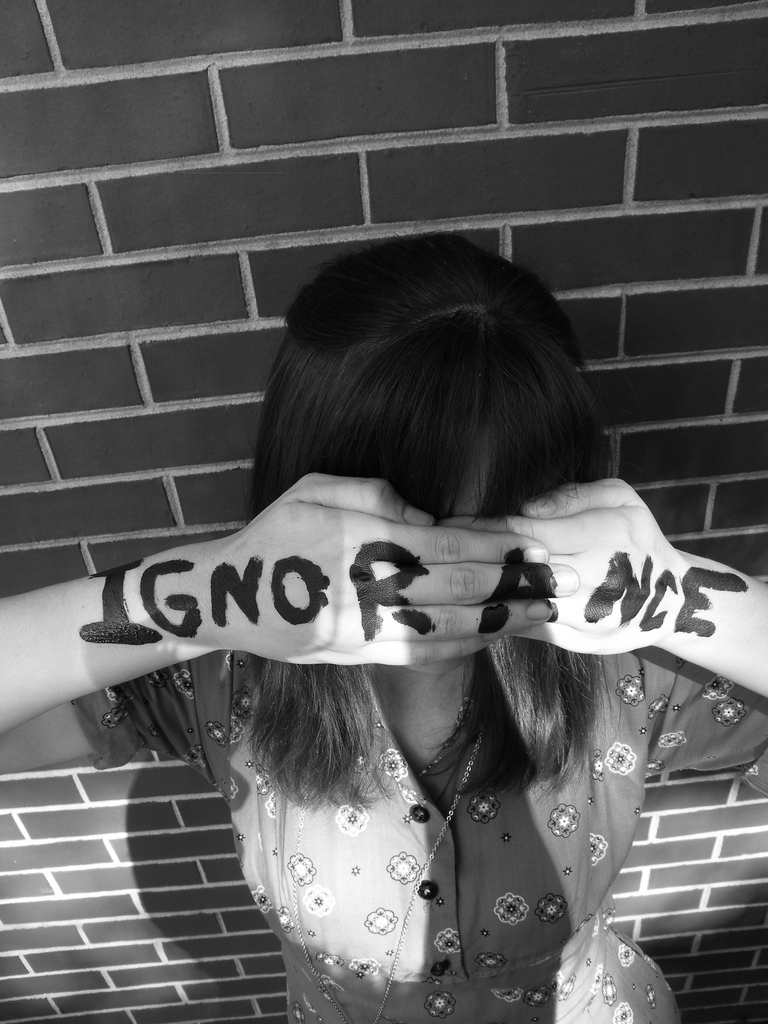Written by Dale Stephens.
When I was sixteen, I lived in France for four months in a tiny village north of Paris. The experience was fantastic, albeit isolated, and I returned to America speaking French. But learning a new language was just one outcome of my time abroad. The greatest learning came from observing cultural differences.
Like many northern Europeans who head south for the summer, my French family vacationed in the Alps every August. One day we ventured into Switzerland to hike along a river gorge.
The path was all but unmarked. This surprised me. As an American, I am accustomed to bright signs warning of impending danger. The gorge we were hiking along was more than 100 feet deep and filled with water from a glacier. Slipping into the freezing water would almost certainly mean death.
At the end of our uneventful hike, as we were loading up the car, I noticed a small sign that said (in English, French, and German), “In case you weren’t aware, the water in the canyon flows from a glacier. The temperature of the water is below freezing and will cause hypothermia if you fall into the river”
In America, this small, unobtrusive sign would have been instead presented with block red letters that spell D-A-N-G-E-R.
This assumption of ignorance is what is setting us back. In Switzerland the assumption is that people know submersion in cold water will cause hypothermia and eventual death. In America the assumption is that you’ll slip into the gorge and fall to your death if we don’t make that danger explicit.
Assuming that the world is ignorant brings society down. We’ve begun talking, teaching, and working to the lowest common denominator. We assume that people need to be taught, led, coddled, and motivated.
When you presume that other people are ignorant, you do both yourself and them a disservice. You create more work for yourself and increase the dependency of others on you. You become the hub at the center of a wheel, and the spokes don’t know how to think independently because they’ve been brought up in a system where there is always someone else telling them what they need to know.
This is the mindset of people as they leave school. Students are told there is one right answer in the back of the book. In the real world, there are no textbooks and there are no right answers.
On the contrary, assuming that the world is knowledgeable elevates society. You speak freely, and people learn to ask questions when they don’t understand. You strive to support the highest achievers and bring everyone else up to their level of comprehension. When you presume that the people around you are intelligent and capable human beings, you increase hope. Because others are respected and treated as equal, they are empowered to forge their own paths, do what they love, and define success for themselves.
None of this requires dropping out of school or moving to a different country. When you assume that the people around you—your parents, your friends, the barista who always remembers to add extra whipped cream, the check out clerk at Walgreens—are knowledgeable, you’ll be surprised how much you can learn from the world.



